5 Legendary Queer Black Folx Who Made History
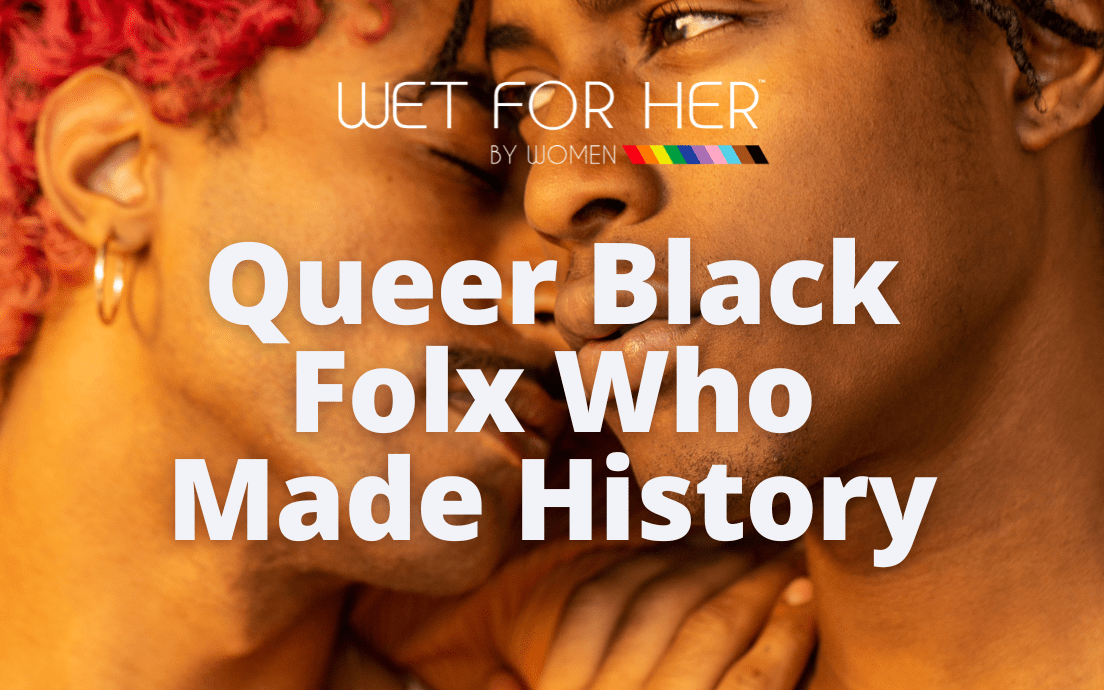
To conclude Black History Month, we've decided to compile a list of iconic and queer folx and femmes who created a movement in history.
The celebrations don't have to stop here. Take a look at our list and be sure to read more about these trailblazers and their impact on Black history!
Audre Lorde (1934-1992)
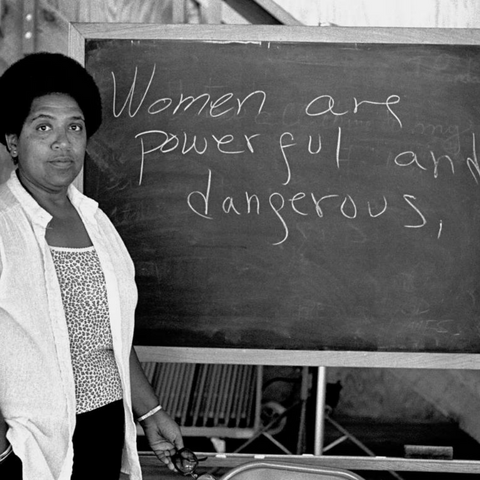
Audre Lorde, was a native New Yorker and a child of immigrants who self-described herself as a “Black, lesbian, feminist, mother, poet, warrior." She contributed greatly to modern-day feminist theory, critical race studies, and queer theory through her pedagogy and writing. Her most notable works include “Coal” (1976), “The Black Unicorn” (1978), “The Cancer Journals” (1980), and “Zami: A New Spelling of My Name” (1982).
She stated “I write for those women who do not speak, for those who do not have a voice because they were so terrified because we are taught to respect fear more than ourselves. We’ve been taught that silence would save us, but it won’t,” Lorde once said.
"Both her activism and her published work speak to the importance of the struggle for liberation among oppressed peoples and of organizing in coalition across differences of race, gender, sexual orientation, class, age and ability." - From the Audre Lorde project website
bell hooks (1952-2021)
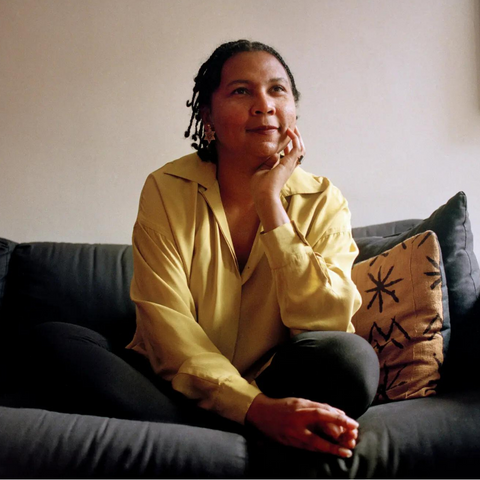
Gloria Jean Watkins, otherwise known by her pseudonym "bell hooks", was an American scholar, writer, and activist whose work examined the connections between race, gender, and class. She often explored the varied perceptions of Black women and Black women writers and the development of feminist identities.
She published her first book in 1981, titled “Ain’t I a Woman? Black Women and Feminism,” Ms. hooks, who insisted on using all lowercase letters in her name to center the messages of her work and not herself, argued that feminism’s claim to speak for all women had pushed the unique experiences of working-class and Black women to the margins. Her work is still alive today and is widely regarded as a cornerstone for modern feminist theory and teachings.
Marsha P. Johnson (1945-1992)
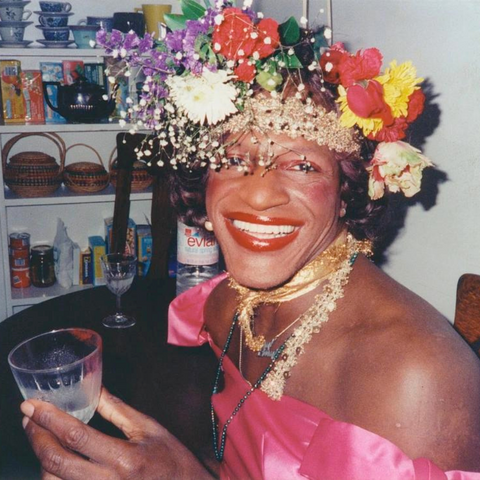
Marsha P. Johnson — who would cheekily tell people the "P" stood for "pay it no mind" — was an outspoken transgender rights activist and is reported to be one of the central figures of the historic Stonewall uprising of 1969.
Along with fellow trans activist Sylvia Rivera, Johnson helped form the Street Transgender Action Revolutionaries (STAR), a radical political organization that provided housing and other forms of support to homeless queer youth and sex workers in Manhattan. She also performed with the drag performance troupe Hot Peaches from 1972 through the ‘90s and was an AIDS activist with AIDS Coalition to Unleash Power (ACT UP).
Andrea Jenkins (1961)
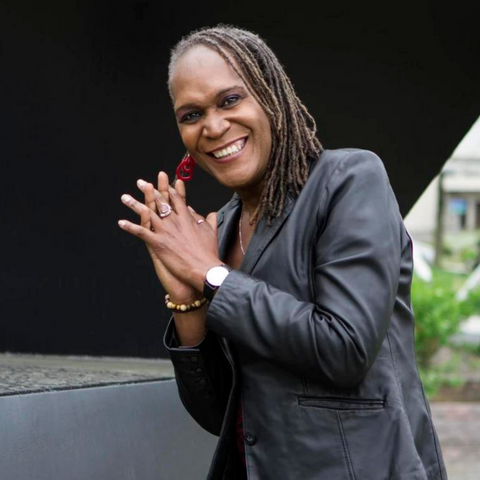
Jenkins made history in November 2017 by becoming the first openly transgender Black woman elected to public office in the U.S., according to LGBTQ advocacy groups and researchers. Jenkins, a Democrat, was one of two openly trans people to win a seat on the Minneapolis City Council in 2017.
She is also a published poet and an oral historian at the University of Minnesota. Jenkins made history again in January 2022, when she was elected as the first transgender official in the U.S. to lead a city council.
Willi Ninja (1961-2006)
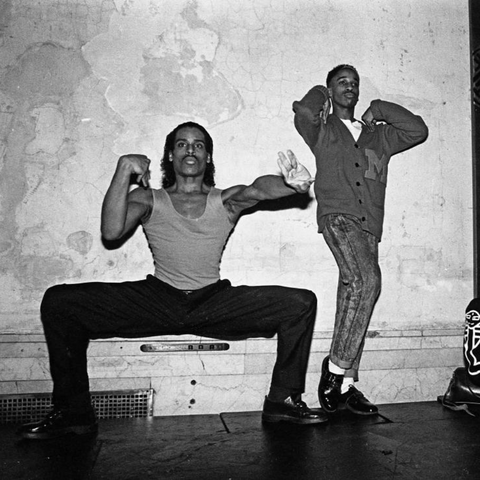
Willi Ninja was a fearless dancer and choreographer, and famously became the "Grandfather of Vogue," the dance style that he helped propel to the national stage.
Vogueing, characterized by angular body movements, intricate body and floor work, and exaggerated runway poses, was introduced to the general public in the award-winning 1990 documentary "Paris Is Burning," which Ninja appeared in, after mostly being an underground dance and cultural movement in New York City during the 80s and 90s. Ninja's iconic dance style was initially introduced as a form of dance expression for black, brown, and latine queer folks, but was later made popularized (or gentrified -- we haven't really decided yet..) in the media by Madonna's 1990 hit single "Vogue."
Ninja's iconic vogueing has set the foundation for many modern-day popularized TV shows like "RuPaul's Drag Race", "POSE", "Legendary", and of course, the modern-day ballroom scene.
Black History Month doesn't have to come to a close just because it's the end of February. We can choose to celebrate and honor the many amazing black and brown folks who have fought for our rights, freedom, and liberation every day.
About the author:
Victory (they/them) is a latine trans non-binary content creator, artist, social media advisor, and community healer. With several years of experience as a mentor and advocate for the queer community, Victory boasts a passion for sexual wellness, trauma-informed healing, social justice issues, and intersectional advocacy for the LGBTQIA+ and BIPOC community. In their spare time, Victory enjoys spending time outside in nature, DJ'ing, creating art, playing video games, and playing with hula hoops and fire. You can find and support their community work, art, and business at @flowingfrequency on Instagram.

